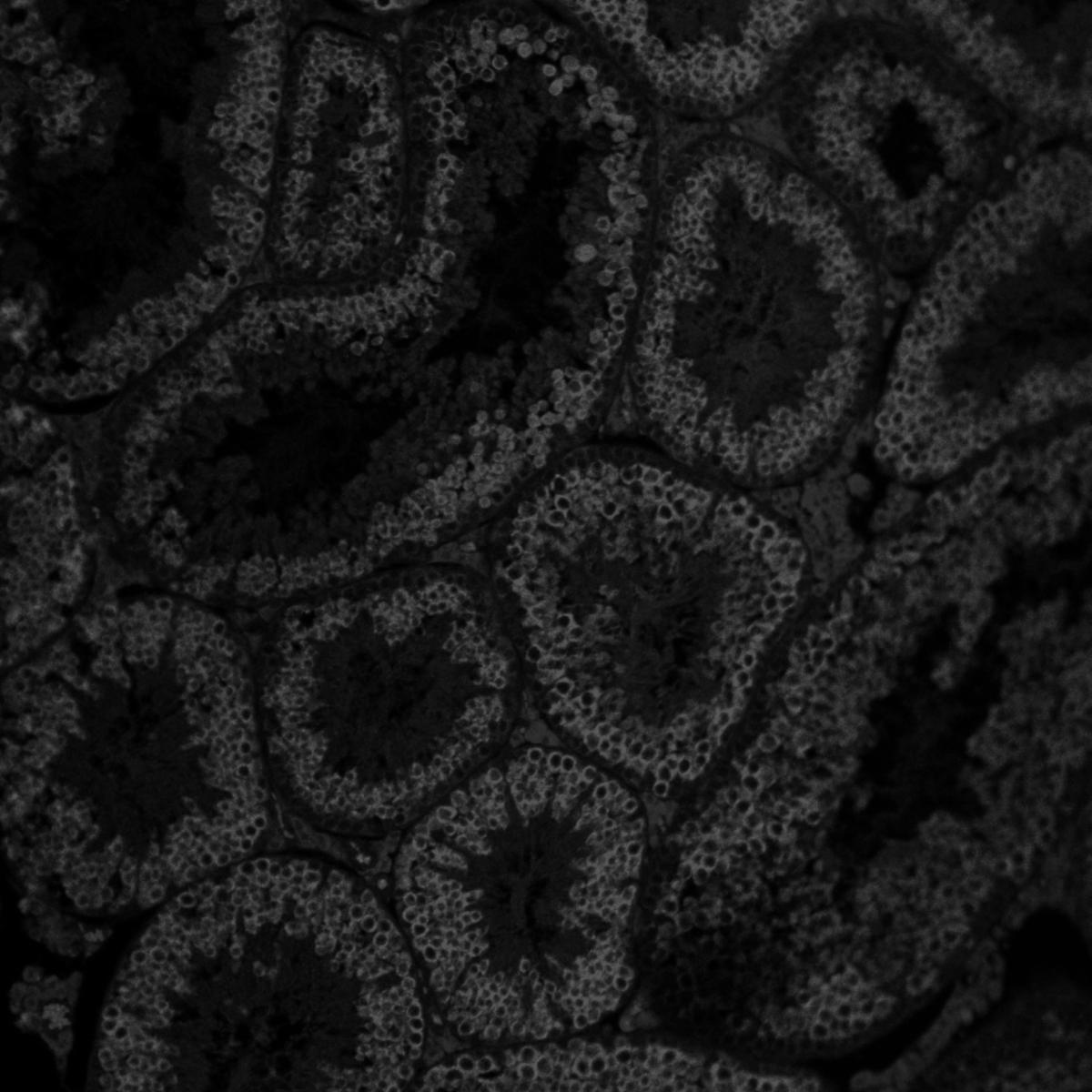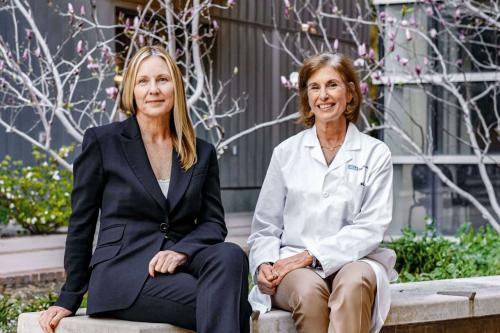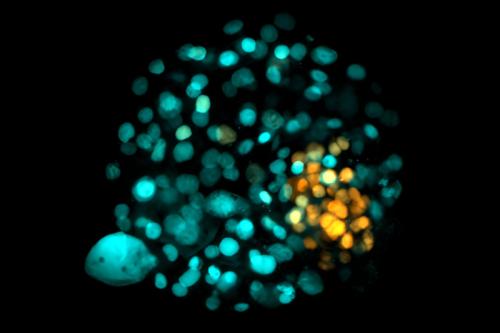
Amander T. Clark, Ph.D.
- Professor, Molecular, Cell and Developmental Biology
- Director, UCLA Center for Reproductive Science, Health and Education

Amander T. Clark, Ph.D., uses stem cells to study the cellular, molecular and biochemical basis of germline and ovarian development. Through this work, she seeks to advance our understanding of human reproductive health and to develop stem cell-based approaches to restore or manage fertility.
Clark’s research has yielded critical insights into the cell and molecular principles of human primordial germ cell development during prenatal life. Her lab uses human embryonic stem cells to model and understand the molecular and genetic events that regulate the production of germ cells, which create eggs or sperm. Through this work, she seeks to characterize the key stages of healthy germ cell development and to discover the genes, pathways and environmental factors that can disrupt this process, ultimately causing infertility and reproductive aging.
According to the World Health Organization, infertility affects an estimated 186 million individuals worldwide and is common among cancer survivors whose eggs or sperm have been damaged by chemotherapy and radiation treatment and for women of advanced reproductive age experiencing ovarian failure. Clark’s research could lay the foundation for methods to produce germ cells from pluripotent stem cells — an experimental method called in vitro gametogenesis, or IVG. This technology has the potential to create new and personalized options for family building.
An additional goal of Clark’s research is to expand methods for reproductive choice by creating new approaches for contraceptive discovery screening through the use of stem cell differentiation. Contraceptive use has lifted millions of women and girls out of poverty, increased retention in school and ultimately enabled increased workforce participation. Developing new forms of accessible and low-cost contraceptives is essential to ensure choice, and that babies are born healthy and wanted.
In 2023, Clark became the inaugural director of the UCLA Center for Reproductive Science, Health and Education, which seeks to bridge students, staff and faculty across multiple disciplines to improve human reproductive health. She began her tenure as president of the International Society for Stem Cell Research that same year. Clark is committed to training the next generation of scholars and life-long learners who appreciate the position of science in society and the power of scientific discovery to change lives.
"Right now, if your body doesn’t make germ cells then there’s no option for having a child that’s biologically related to you. What we want to do is use stem cells to be able to generate germ cells outside the human body so that this kind of infertility can be overcome."
- Professor, Molecular, Cell and Developmental Biology
Research Projects
- Identifying mechanisms that control the development and differentiation The process by which stem cells transform into specific, specialized cell types with distinct functions and features. differentiation The process by which stem cells transform into specific, specialized cell types with distinct functions and features. of germ cells Also known as gametes, germ cells are reproductive cells that carry 50% of the genetic information of a typical cell. These specialized cells play a crucial role in reproduction, developing into sperm cells in males and egg cells in females. germ cells Also known as gametes, germ cells are reproductive cells that carry 50% of the genetic information of a typical cell. These specialized cells play a crucial role in reproduction, developing into sperm cells in males and egg cells in females. to improve our understanding of human reproduction and infertility
- Developing low-cost and accessible non-hormonal contraceptives to increase family planning choices
- Studying how environmental exposures A wide range of external and internal factors that impact human health. External exposures include chemical pollutants, radiation, diet and social interactions. Internal exposures involve stress, metabolism and the microbiome. Researchers study the exposome, which encompasses all exposures throughout life, to understand disease risk. environmental exposures A wide range of external and internal factors that impact human health. External exposures include chemical pollutants, radiation, diet and social interactions. Internal exposures involve stress, metabolism and the microbiome. Researchers study the exposome, which encompasses all exposures throughout life, to understand disease risk. affect reproductive health
- Building stem cell-based models to investigate the mechanisms that control ovarian follicle formation, ovarian function and ovarian aging
-
Post-doctoral fellowships
- Stem Cells, UC San Francisco, 2006
- Molecular Genetics, Baylor College of Medicine, 2002
Degree
- Ph.D., Development and Cell Biology, University of Melbourne, Australia, 1999
-



